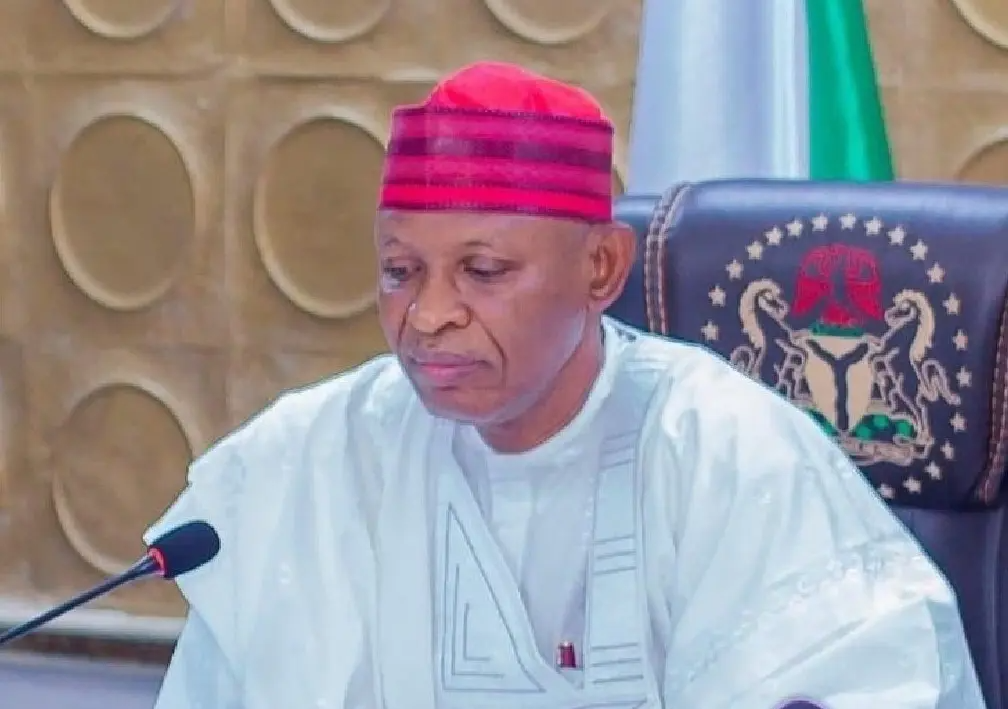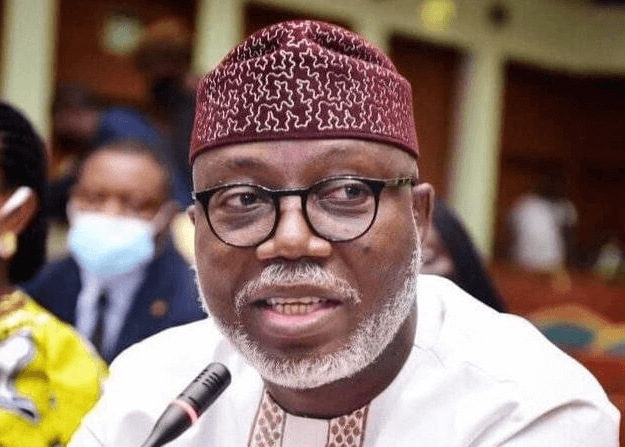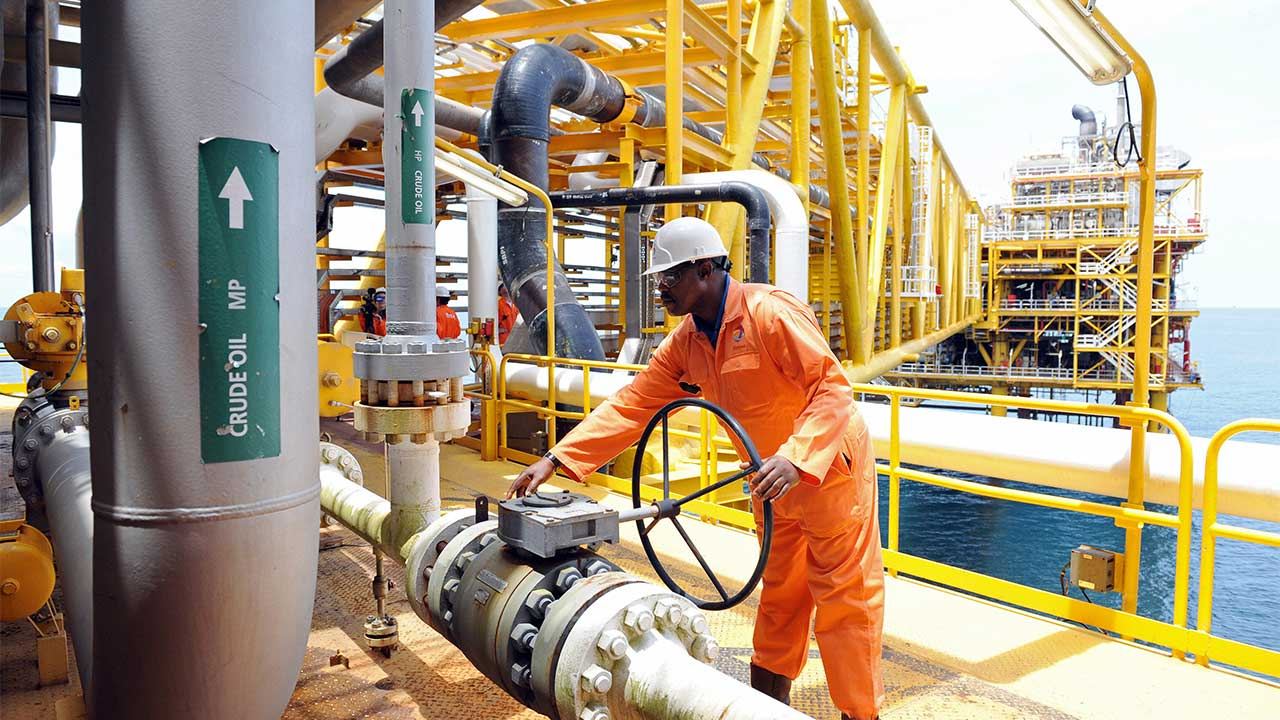The Standards Organisation of Nigeria (SON) has revealed that poor structural designs, quackery, lack of professionalism, and inadequate soil testing are among the primary causes of the alarming rise in building collapses across the country.
Director-general of Standard Organisation of Nigeria (SON), Dr Ifeanyi Okeke, in a statement released by the agency’s director of public relations, Mrs. Foluso Bolaji, noted that the problems extend beyond just the factors.
He pointed to poor construction practices, unauthorised construction activities, improper demolition procedures, lack of maintenance, negligence, the use of substandard materials such as steel reinforcement bars, and poor drainage systems as additional contributors to the frequent collapses.
Dr. Okeke called for urgent action, stressing the need for stricter regulations and better collaboration among industry stakeholders to address the root causes of these failures. He emphasised a comprehensive approach to prevent future incidents and ensure the safety and integrity of buildings across Nigeria.
Highlighting SON’s ongoing efforts, Dr. Okeke noted that since 2004, the organisation has developed 168 Standards and Codes of Practice for the building and construction industry.
They include crucial standards like the Nigerian Industrial Standard (NIS) 117: 2004 for Steel Bars for the Reinforcement of Concrete and NIS 499: 2004 for Iron and Steel.
Dr. Okeke also outlined SON’s regulatory powers, which include the Mandatory Conformity Assessment Programme (MANCAP) for locally manufactured products and the Standards Organisation of Nigeria Conformity Assessment Programme (SONCAP) for imported goods. To further ensure quality, the Product Authentication Mark (PAM) allows consumers to verify the authenticity of products before purchase. Additionally, he said SON has established a task force focused on standardising steel reinforcement bars, which has led to enforcement actions against non-compliant dealers.
Dr Okeke assured that SON is committed to maintaining a safe environment through continued standardisation and quality assurance.
According to him, the organisation will keep collaborating with other regulatory bodies, including the Council for the Regulation of Engineering in Nigeria (COREN), the Nigeria Building and Road Research Institute (NBRRI), the Nigerian Institute of Quantity Surveyors (NIQS), and the ministry of works, to achieve these goals.

 2 months ago
58
2 months ago
58















 English (US) ·
English (US) ·